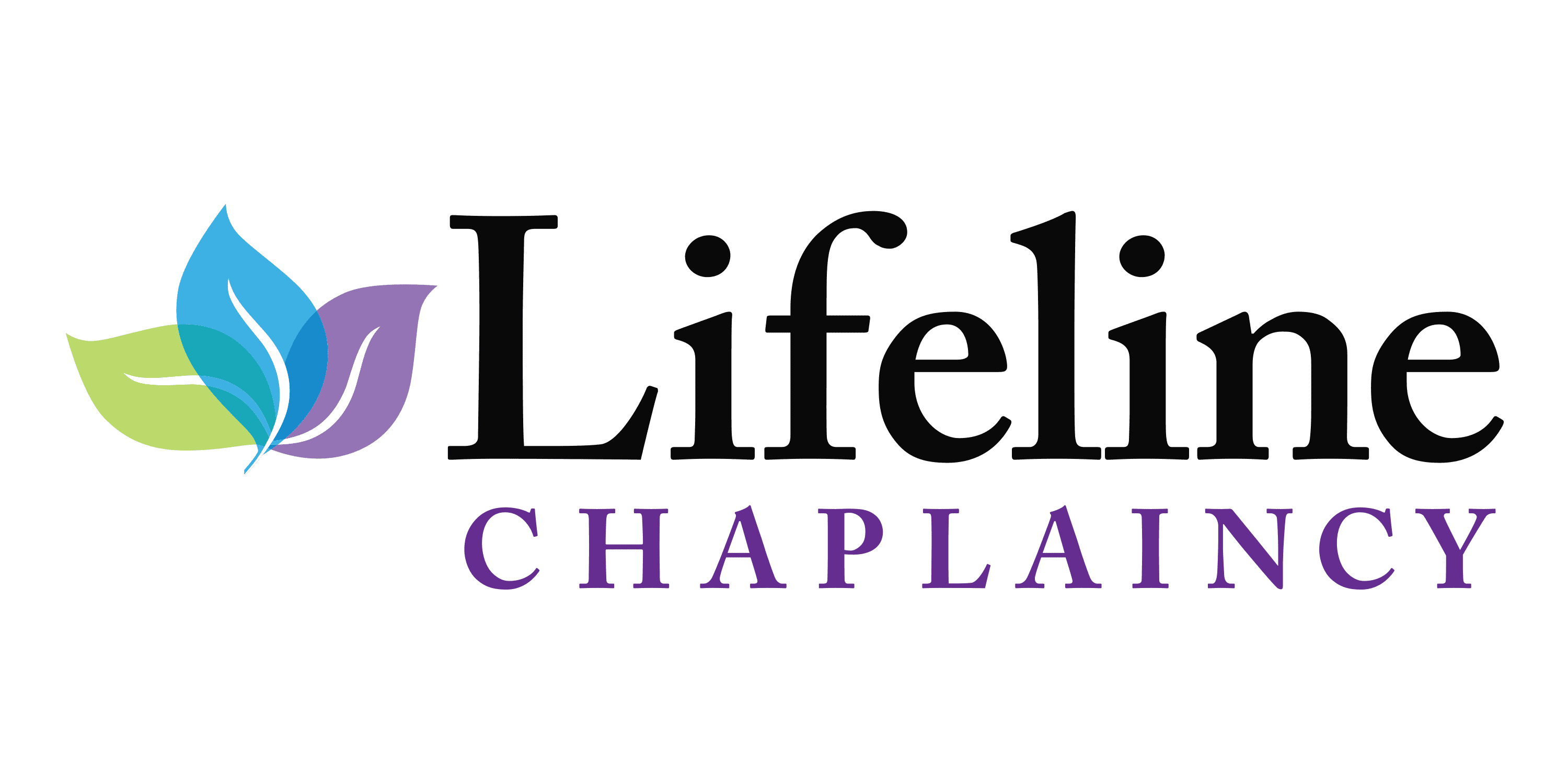By Paul Riddle, Director of Spiritual Care – Houston
This exercise is drawn from Lifeline’s training course, “Ministry in Times of Illness and Loss, Part 2.” It’s an exercise in “working” theology, not academic theology. While academic theology is valuable and has its place, most of us don’t carry the collected works of Karl Barth or some other noted theologian around in our heads.
To me, a person’s working theology is the beliefs and resources that person draws upon in times of need to make sense of or to cope with a particular situation. A working theology answers the question, “How does my faith inform the way I…
Ready? Here goes…
The following questions are designed to help you identify some key elements of your theology of suffering and loss – i.e., certain specific beliefs that you hold about God that help you make sense of and deal effectively with suffering and loss in your life.
- Think of a time when you personally have experienced significant suffering or a major loss.
- Name specific resources from your religious/spiritual tradition that you turned to for comfort or assurance, or that otherwise helped you cope. (Examples: Passages of scripture; biblical images or stories; biblical exemplars like Joseph, Job, or Jesus; Psalms; songs or hymns; prayers; religious or spiritual art) How were these resources helpful to you? Be as specific as you can.
- Name specific spiritual practices that were helpful to you. (Examples: Prayer – individual or corporate or both; meditation; listening to religious/spiritual music; contemplative practices such aslectio divina; worship; special worship services such as healing services) How were these practices helpful to you? Be as specific as you can.
- Name specific people who nurtured your spirit. (Examples: A trusted friend; a prayer group; your church; a loved one or significant other) How were these people or groups helpful to you? Be as specific as you can.
- Reflecting upon your responses to questions 1-4, how might you express your theology of suffering and loss in a brief paragraph?
I hope this exercise will help you think more deeply about how your personal faith informs the way you meet the challenges of life.
